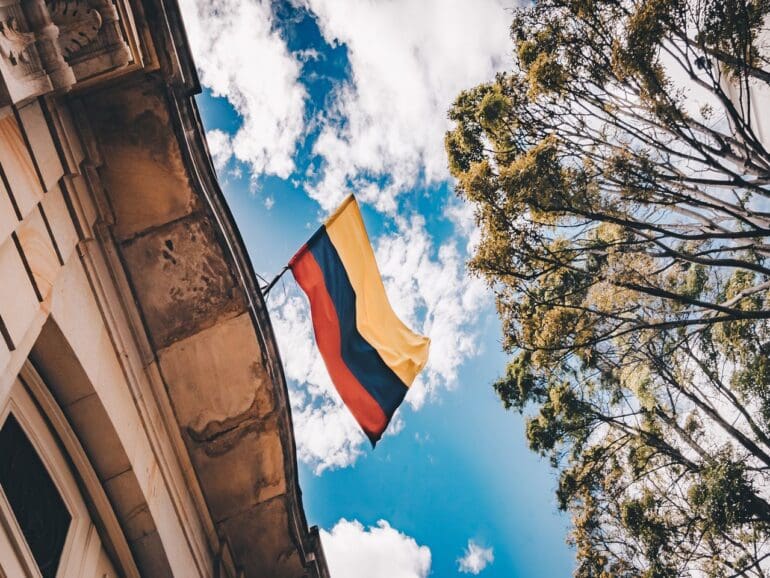A year after launching in Colombia, Argentine neobank Ualá has reached 200,000 customers in the country, country manager Natalia Ríos told Fintech Nexus in an exclusive interview.
A sizeable portion of its customer base is not strictly Colombian. Around 50,000 of its clients are part of a vast community of Venezuelan immigrants who have flocked to their neighboring country but face acute financial inclusion challenges in their new home.
Following years of hyperinflation and economic collapse, the diaspora in Venezuela has led to many crossing the border to Colombia and other countries in the region. In particular, Colombia is now home to 2.5 million immigrants, the largest community of Venezuelan ex-pats in Latin America.
Uala was quick to adapt its systems so that it could financially include Venezuelan migrants. The fintech claims they often face difficulties opening a bank account at a traditional lender.
Backed by heavyweight investors such as George Soros, Tencent, and Softbank, the fintech unicorn has expanded into the region. Like Nubank in Brazil, Uala has branched out to Mexico and Colombia, coveted markets where it has rolled out some of its core products.
Contrary to its strategy in Mexico and Argentina, the fintech has not resorted to acquiring a banking license. According to Ríos, such an acquisition is not in the cards.
In Colombia, the fintech started with its virtual saving account product and a Mastercard debit card. They have been gradually expanding the ecosystem ever since, including utility payment alternatives, point-of-sale software, and an investment feature. The company has yet to offer credit. It already offers loans in Argentina and credit cards in Mexico.
The following is a conversation with Rios, edited for length and clarity.

What is Uala’s value proposition in Colombia?
We want to remove barriers that have prevented people from banking in the past. First of all, no issuance fees or maintenance costs. That is something standard for us now. Traditional banks still charge you if you want to withdraw money at an ATM. They collect maintenance fees. That is not sustainable. We, instead, compete on both user experience and costs.
What is the strategy for serving immigrants in Colombia?
From the very beginning, we decided to make Uala available to foreigners in Colombia. There was this financial inclusion issue, where only 3% of a vast population of Venezuelans said opening an account was easy. In a traditional branch, whether they get the account or not really depends on the bank officer. Nothing was standardized, and the employee might not accept the (special temporary immigration documentation) PPT. The whole logistics of including this population was complicated with traditional players, and we have opened that door for them to enter the financial system. Without a place to get paid, it’s hard to get a job.
What is the competitive strategy in this segment?
There aren’t as many players massively catering their products to this population. They might be willing, but it is not that simple when you have legacy systems. For example, there are times when a PPT number might be the exact same number as a national ID. That can create errors in a legacy system. We have new technology and can adapt faster, and we feel responsible for supporting this population, which will later become productive. The Venezuelan population is young and thriving. There are tons of entrepreneurs. Many are already transacting with our cards and using Uala’s collection capabilities.
Ualá has acquired a bank in Argentina and is in the process of doing so in Mexico with ABC. Do you expect a similar acquisition in Colombia?
Our license in Colombia is comprehensive. We work very well within the scope of our current mandate, which allows us to do financial intermediation if we want to. We don’t see a need to acquire a (bank) license in the medium or long term. The Colombian regulator is famous for being strict but willing to understand new business models.
How would you define competition in Colombia?
In Colombia, we have felt very much at home with the incumbents. The financial system is very strong and well-established, with interesting existing options. We have found, however, that they are interested in new players coming in and willing to help build something. Government figures show 90% of Colombians have some kind of financial product, which could be interpreted as being banked. However, the use of cash in Colombia is still around 60 to 70% of all transactions. There is room in digital banking for all of us to participate.


